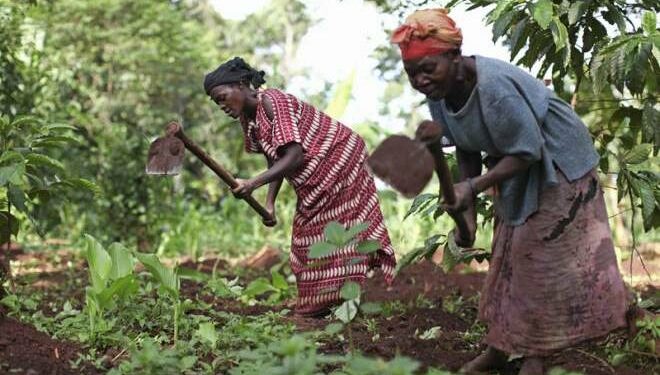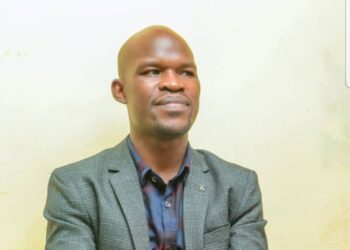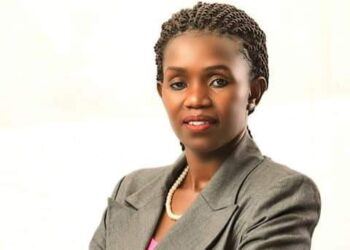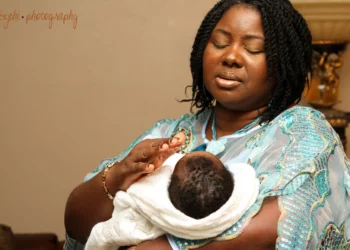“After my husband died, his family chased me and my children off the land.”
“When my spouse married another woman, he chased my children and me off the land and has refused to contribute to the well-being of our children.”
“My family refused to give me a share off my late father’s estate because I was a woman and they believed a woman could not share property.”
These are a few of the numerous narratives that are prevalent among rural communities in Uganda, while reading this you probably thought of and know someone who has been through this. Such misfortunes can be navigated by a woman in the city suburbs working in a corporate office with a reasonable amount of salary. However, this is not the case for a woman in rural communities like Buyende District whose only source of food, shelter, income and overall livelihood is the land which she is inhumanely been evicted from.
Women in rural communities usually don’t have the social support let alone the financial muscle to access justice for their land rights. They are hindered by social constraints such as the unfair and unequal power relations between men and women. In one of my many field visits as a social justice lawyer, I interacted with a one Namutebi Stella (not real name) who stated that “My entire family doesn’t want me to get a share off my father’s estate because I am a woman.” I took an extra effort and talked to the clan leader of this particular clan and he indeed affirmed that in their clan, women are not allowed to inherit property. Namutebi has reached out to the local authorities but all in vain. She is one of the many victims of land rights violations in rural communities in Uganda.
For cases such as Namutebi’s, the means of justice in the judicial system presents numerous stumbling blocks such as the cost of legal representation, language barrier, and legal technicalities that can only be understood by a privileged few. Vulnerable women such as Namutebi Stella will be closed outside the gates of justice. They cannot afford to hire the services of a lawyer as their only source of livelihood which is the land is taken. English the official language of court also presents an enormous challenge in making the case for their land.
The Human Rights (Enforcement) Act of 2019 comes as a remedy to this dilemma. This Act strategically grants power to the Magistrate’s Court to hear human rights violation cases. Magistrates Courts are close to rural communities which means vulnerable women can easily move to and from court. The Act deals away with all legal technicalities and formalities. Vulnerable women are allowed by this Act to walk to a Magistrate Court in their locality and explain their case orally or in any language they understand and it is upon the Magistrate to deduce this into the language of court which is the English language. This enables a vulnerable woman such as Namutebi Stella in rural areas to approach a Magistrate and state their claim, get their case heard and decided upon and get justice for the violation of their rights.
The Human Rights (Enforcement) Act 0f 2019 has been tested by the Center for Food and Adequate Living Rights (CEFROHT) and has yielded positive results. CEFROHT has aided one Sanyu Esther (Not real name), an illiterate and vulnerable woman who registered a human rights violation case in Luganda before the Magistrate Court of Kiboga on her right to property when her Kibanja was taken by her neighbor. She has worked magic for her since she obtained justice in less than a month.
Although the odds have been stacked against vulnerable women in rural communities, the 2019 Act brings hope as it presents a novel platform for the realization of the rights of vulnerable women in rural communities
As we celebrate the International day of rural women, I encourage all stakeholders such as the government and civil society organizations to empower and create awareness among rural women through trainings and sensitization on how to use this law in order to fight injustices against rural women.
Nabbaale Tracy is the Program Officer, Social Justice and Strategic Litigation Program- CEFROHT
Do you have a story in your community or an opinion to share with us: Email us at editorial@watchdoguganda.com














